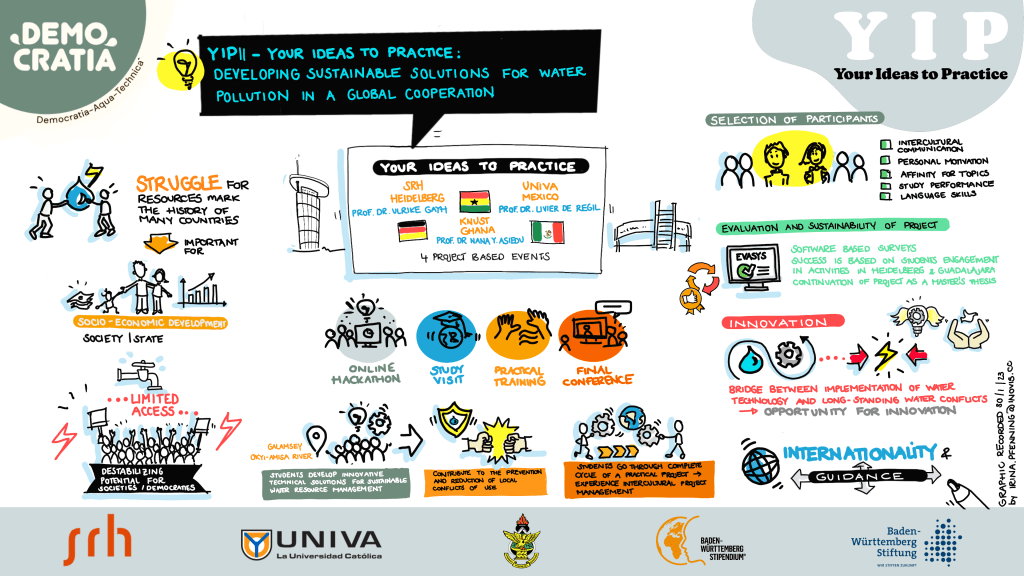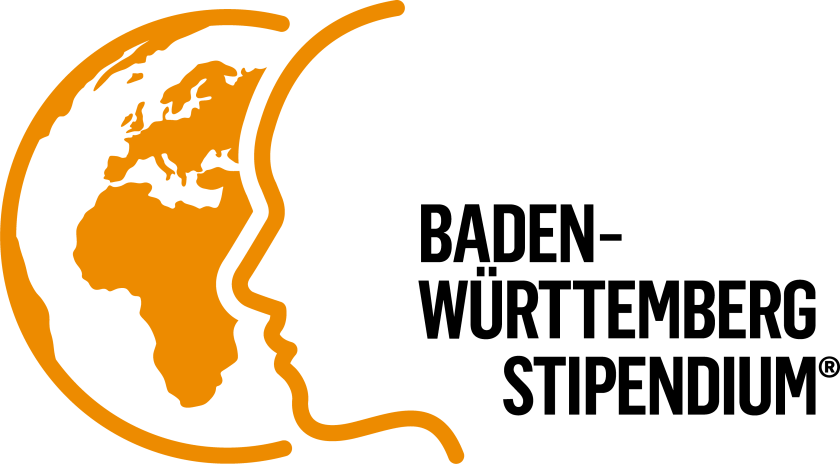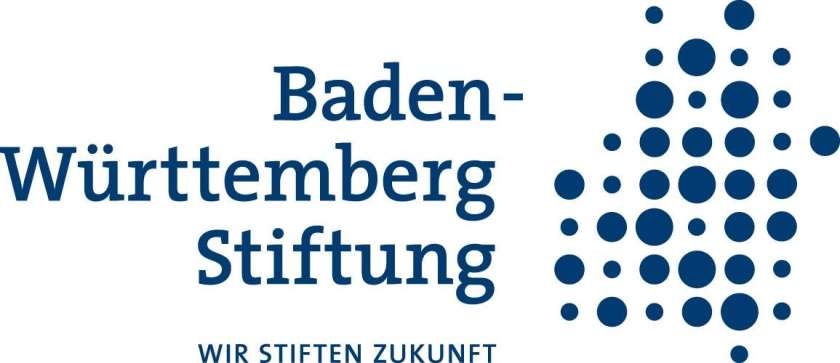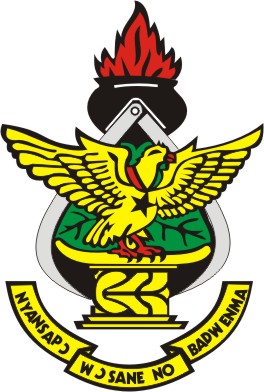
Conflicts ANd Water Management
The history of many countries has been marked by struggles for natural resources. The resource water is of central importance for the socio-economic development of a society or a state. If this access is restricted, e.g., through pollution, overexploitation or political conflicts, the associated decline in the social standard of living and general dissatisfaction can lead to massive internal social tensions, which have an enormous destabilization potential for democratic forms of government and society.
Both the scarcity of resources and the abundance of resources act as internal destabilizing factors due to the resulting competition for distribution. This distribution competition occurs between different user groups, e.g., between agriculture and industry, urban and rural populations or between ethnic groups. In addition, weak constitutional structures create a fertile breeding ground for corruption and clientelism in water policy and management.
Due to its importance as a resource, water is often politicized and / or ideologized. Political goals such as maintaining power, regional supremacy or ideological dominance outweigh the question of technical solutions for a needs-based distribution. Whether water supply and wastewater disposal, freshwater production or water treatment, the spectrum of water technology options for promoting water resource management geared to local and regional needs is diverse and very promising in terms of promoting the prevention and reduction of conflicts.
What is YIP?
To promote Research and Development regarding Water Conflicts among young students, Prof. Dr. Ulrike Gayh (SRH University Heidelberg) came up with an initiative called Democratia-Aqua-Technica, funded by the DAAD (Deutschen Akademischen Austauschdienst). The Universidad del Valle de Atemajac (UNIVA) from Mexico has also joined this initiative under the management and direction of Prof. Dr. Livier De Regil, Head of the study program Humanitarian Engineering and the Research Department of the UNIVA.
In the sense of Global strategy and with the aim of doing justice to the worldwide relevance of water conflicts, the HSHD and UNIVA are striving in the next step to expand their hitherto marginal contacts with African universities; in this way, the insights gained by students at YIP 2021 will also be expanded to a global perspective and Kwame Nkrumah University of Science and Technology (KNUST) in Ghana will join the YIP II project.
SRH University Heidelberg, UNIVA and KNUST have collaborated to form the YIP II (Your Ideas to Practice),which is financed by Baden Württemberg Stiftung . YIP is a project within the framework of the Baden-Württemberg-STIPENDIUM for University Students – BWS plus.
YIP II consists of five project-oriented events:
- KickOff at the World Water Day
- Online Workshop and webinar series
- Study visit in Germany,
- Practical training in Ghana (KNUST)
- Final conference
Participants will learn about the global dimension of water conflicts and develop innovative technical solutions for sustainable water treatment using the example of polluted water in Ghana (e.g., Okyi-AmisaRiver), which contribute to the prevention and reduction of local conflicts of water usage. Moreover, the students will work in international teams developing a complete cycle of a practical project, gaining experience in intercultural project management under real practical conditions.

Selection of Participants
The participants are selected by their respective university committees, based on factors such as interest in intercultural communication, personal motivation, a high affinity for the topics, excellent study performance, and English language skills (minimum Level of B2 required).
Evaluation and Sustainability of the Project
The evaluation of the project results will be done by surveys with the help of EvaSys software. The criteria on which the success of the project is evaluated is based on a very high interest in students, the successful completion of the activities in Heidelberg, Guadalajara, and Kumasi, and a possible continuation of the project as a master’s Thesis.
SRH University Heidelberg, UNIVA and KNUST plan to combine the projects by incorporating outcome assessment into their curricula. With the support of their advisory boards, HSHD, KNUST and UNIVA also plan to sponsor accommodation in Germany and Ghana, respectively, for the duration of the project. To ensure the possibility of continuing events, students are recruited for future stays in Germany, Mexico, and Ghana with the involvement of the practical advisory board of the HSHDs Water Technology degree programme.
Innovation
The existing bridge between implementation of water technology and long-standing water conflicts, though as bad as it may seem, does present opportunities for students and young researchers to come forward with more and more innovative, futuristic and sustainable solutions which aid in preventing future conflicts. The main advantage of this program is that students will have their chance to prove their ideas from the very beginning step of formulating ideas, going through steps such as collaborating with other students, discussing their ideas with technical experts, all the way through to doing actual practical works and laboratory experience, and finally presenting their solutions to an international audience. As this event deals with hot topics such as water resource management, there is a lot of scope for innovation.
Internationality and Guidance
We will be available to continuously support the students during the project. The employees of the International Offices (IO) guide and support, among other things, with visa applications. The students are also offered culture-specific webinars to prepare for the stay abroad. The officers of the partner universities and the IO staff are actively involved in the preparation and implementation of the stays. The students are also given funding opportunities Advised by the IO for a longer stay abroad. The varied accompanying program includes activities with regional historical-cultural references, among others, a visit to the Kulturbrauerei in Heidelberg, a boat trip on Lake Constance, a tour in Okyi-AmisaRiver ,Kakum National park. Participants also will have a city tour of the capital Accra, a visit to Lake Bosumtwi and an excursion to Manhyia Palas in Kumasi. All these will offer a better understanding of the country and its people. A visit to the energy storage facility of Stadtwerke Heidelberg provides an opportunity for intercultural discussion about country-specific differences in energy policy. In the footsteps of Emil Rathenau, the founder of AEG, the students deal with the historical development and importance of hydropower.





This website was designed in the project “YIP (Your Ideas to Practice)“, which is part of Baden-Württemberg-STIPENDIUM for University Students – BWS plus, a program of the Baden-Württemberg Stiftung.